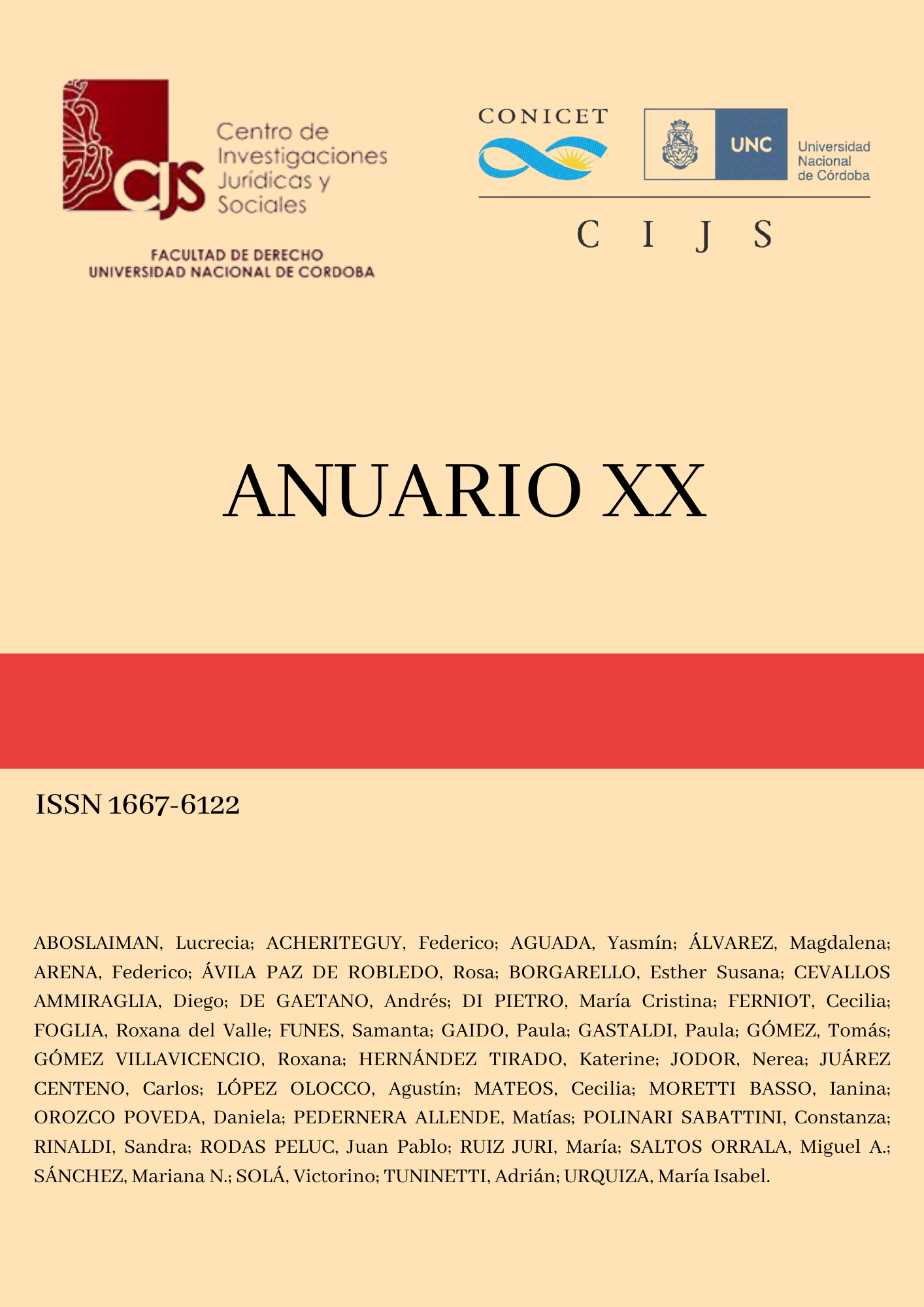The fundamentals of the political questions
An analysis from constitutional theory and practice
Keywords:
Political questions, Judicial review, Supreme Court, Constitutional supremacyAbstract
Constitutional practice has coined a doctrine that supposes admitting that there are issues that are exempt from judicial control. Such is the doctrine of the so-called political questions. This type of matter would be excluded from judicial review precisely because of the intrinsically political nature of the matters, with respect to which the Judicial Power would not be competent. This doctrine is controversial from various points of view. On the one hand, because its admission could mean a certain “resignation” to constitutional supremacy on certain issues. On the other hand, because in practice it has not been clear how many and what these issues are. At the same time, it is even controversial what is the basis of non-justiciable political issues. In this work, an attempt will be made to identify and systematize the possible foundations that doctrinally and jurisprudence have been offered to support the doctrine of political questions.
References
AMAYA, Jorge A., Control de Constitucionalidad, Astrea, Buenos Aires, 2015.
BIANCHI, Alberto, Control de Constitucionalidad, Ábaco, Buenos Aires, 2002.
BICKEL, Alexander, La rama menos peligrosa, trad. M. Zamudio Vega, Fondo de Cultura Económica, México, 2020 [1962].
BIDART CAMPOS, Germán, El derecho constitucional del poder, Ediar, Buenos Aires, 1967.
CASSAGNE, Juan (dir.), Tratado de Derecho Procesal Administrativo, La Ley, Buenos Aires, 2007, t. II.
CORVALÁN, Juan G., Estado Constitucional y División de Poderes, Astrea, Buenos Aires, 2016.
DE LORA, Pablo, La interpretación originalista de la Constitución: una aproximación desde la Filosofía del Derecho. Tesis doctoral, Universidad Autónoma de Madrid, 1997.
DWORKIN, Ronald, Sovereign Virtue. The Theory and practice of equality, Harvard University Press, Cambridge, 2000.
DWORKIN, Ronald, Una cuestión de principios, trad. V. Boschiroli, Siglo Veintiuno, Buenos Aires, 2012.
GELLI, María Angélica, Constitución de la Nación Argentina. Comentada y Concordada, La Ley, Buenos Aires, 2004.
KAVANAGH, Aileen, “The Constitutional Separation of Powers”, en DYZENHAUS, David – THORBURN, Malcolm (eds.), Philosophical Foundations of Constitutional Law, Oxford University Press, Oxford, 2016, pp. 221-239.
LINARES QUINTANA, Segundo V., Tratado de Interpretación Constitucional, Lexis Nexis, Buenos Aires, 2007.
MILLER, Jonathan; GELLI, María A.; CAYUSO, Susana, Constitución y poder político, Astrea, Buenos Aires, 1992.
NINO, Carlos S., “La filosofía del control de constitucionalidad”, Revista del Centro de Estudios Constitucionales, Nro. 4, 1989, pp. 79- 88.
SANTIAGO, Alfonso, La Corte Suprema y el control político, Ábaco, Buenos Aires, 1999.
SCHARPF, Fritz, “Judicial review and the politicial question: a functional analysis”, Yale Law Journal, Nro. 4, 1966, pp. 517-597.
THAYER, James Bradley, “The origin and scope of the American Doctrine of Constitutional Law”, Harvard Law Review, vol. 7, núm.3, 1893, p. 129-156.
TRIBE, Laurence, American Constitutional Law, The Foundation Press, Nueva York, 1988.
VILE, Maurice, Constitutionalism and the Separation of Powers, Oxford University Press, Oxford, 1967.
Downloads
Published
Issue
Section
License

This work is licensed under a Creative Commons Attribution-NonCommercial-ShareAlike 4.0 International License.


